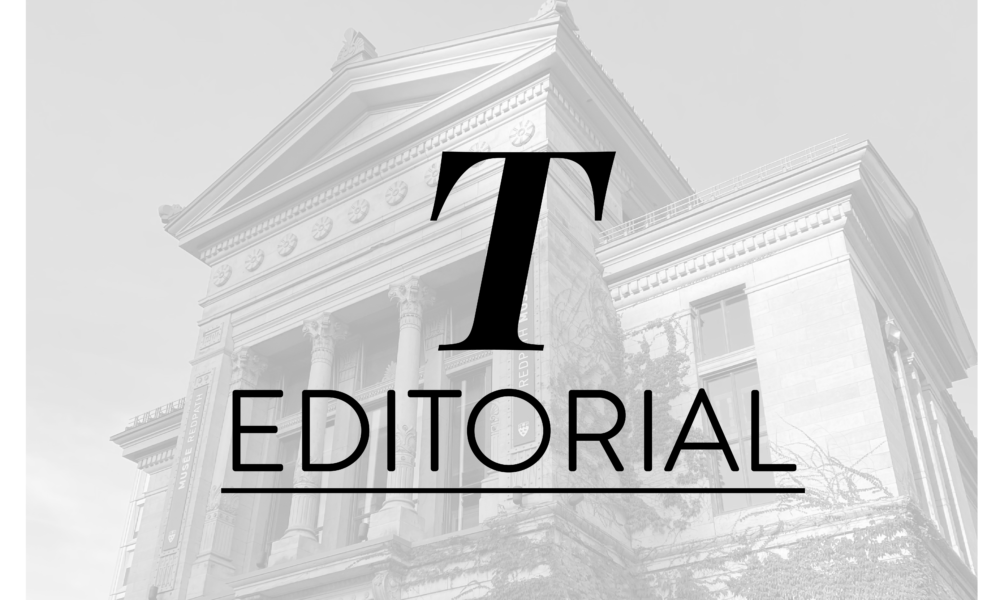Quebec Health Minister Christian Dubé recently announced reform plans for Quebec’s healthcare system, which include restricting new doctors to the public sector and potentially invoking the notwithstanding clause to enforce compliance. The provincial doctor shortage is a pressing issue: Quebec has seen a 70 per cent increase in physicians moving to the private sector since 2020. Contributing factors like difficult working conditions, excessive paperwork, and restrictive policies have driven doctors out of the public sector, yet the minister’s plans do not adequately address or offer solutions to these underlying issues. As a result, public healthcare accessibility has worsened, with increasing wait times for essential treatments and over two million Quebecers lacking access to a family doctor. This situation reveals systemic failures in supporting public-sector doctors and exposes a troubling pattern of neglect toward marginalized communities.
Due to being understaffed and overwhelmed, Quebec doctors struggle to provide adequate time or empathy to their patients—a deficiency whose effects particularly impact BIPOC and 2SLGBTQIA+ groups, who face discrimination and inappropriate medical questioning. The Canadian healthcare system still predominantly serves a white, cisgender, patriarchal model, contributing to widespread misdiagnoses for those who do not fit this profile. As such, non-white individuals are more likely to experience medical discrimination; women of colour are often dismissed by doctors who fail to take their symptoms seriously, while dermatological medical conditions are often misinterpreted on darker skin.
The detrimental impact of this crisis disproportionately affects Indigenous populations who face life-threatening discrimination within healthcare settings. Inuit patients from Nunavik, for example, must often travel to Montreal for medical care, as their region lacks sufficient healthcare resources. Ullivik Lodge, intended as a supportive space for these patients, has faced serious issues—unsanitary conditions, staff disrespect, and mismanagement—compromising patient well-being. Furthermore, the provincial government’s oversimplified and superficial 90-minute online sensitivity training course for healthcare professionals fails to meaningfully engage Indigenous voices or ensure cultural safety for the large Indigenous populations it serves. This broader issue of disrespect and trauma faced by Indigenous patients is clear all over Canada, as was made clear in Saskatoon when doctors cut off Métis elder Ruben St. Charles’ long ponytail—a symbol of his heritage—without consent during a hospital stay.
Indigenous health needs, which are deeply influenced by cultural values, go mostly unrecognized in Quebec’s healthcare system, which was designed without Indigenous input. This maltreatment has led to severe consequences for Indigenous communities, who already experience reduced life expectancy, insufficient or even harmful medical care, and cultural insensitivity, exacerbating historical trauma.
One major obstacle to overcoming this crisis is Quebec’s recent tuition hikes, which restrict access to medical education and discourage aspiring healthcare professionals. These financial changes not only limit McGill’s ability to foster new talent in the healthcare field but also exacerbate the existing shortages in Quebec’s public health sector. Still, it is not completely out of the university’s hands: As a leading research institution, McGill has a responsibility to drive progress in Canada’s healthcare system through education and innovation and a duty to support other essential public sectors, such as healthcare, that serve the broader community—a commitment that is more critical than ever in light of the current crisis.
To address these structural issues, healthcare leaders need to proactively work to dismantle systemic racism. This involves more than short sensitivity courses; it requires integrating Indigenous and marginalized perspectives into healthcare education. Universities, especially those like McGill which have significant influence, must implement comprehensive cultural competency training in their medical programs. This training must centre unlearning ingrained biases, not simply learning new concepts. Incorporating Indigenous health perspectives as mandatory components of the curriculum, as seen in Manitoba’s Indigenous studies prerequisite for medical school, could pave the way for a more inclusive healthcare system. McGill can further support these efforts by encouraging inclusive innovation and the inclusion of cultural lifeways within the medical field. This would foster a new generation of healthcare providers who approach medicine with a culturally-informed perspective, not only to better serve Indigenous communities and communities of colour, but to enrich Canada’s healthcare system as a whole.









